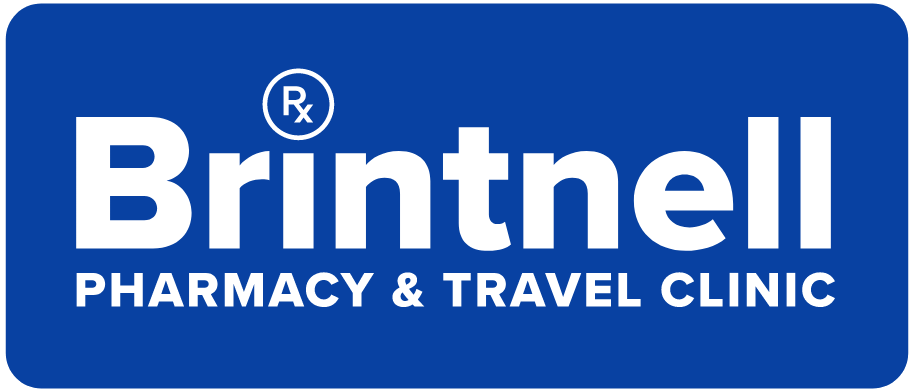Diabetes Management Edmonton
Diabetes is a disease in which your body either can’t produce insulin or can’t properly use the insulin it produces. Insulin is a hormone produced by your pancreas. The role of insulin is to regulate the amount of glucose (sugar) in the blood. Your body also needs insulin to use sugar for energy.
Health complications of diabetes include heart disease, chronic kidney disease, nerve damage, and other problems with feet, oral health, vision, hearing, and mental health.
Our pharmacists can be super helpful in managing your diabetes as they will encourage early screening and can be a wealth of knowledge for new ways to improve your diabetes management. Other ways our pharmacists can help include:
- Advice on lifestyle changes
- Discuss changes in medication
- Recommend helpful resources
Managing your blood sugar levels is an essential part of managing diabetes. Many things can influence blood sugar levels, so it’s important to learn about different types of food, how they affect you when combined, and managing the calories you eat. Having a regular meal plan can help you stay on top of your diet and will help you quickly pinpoint what could have contributed to any changes in your blood sugar levels. Don’t forget to include snacks in your meal plan to help find an alternative to sugary snacks, but still beat those cravings.
Our pharmacists can help review your meal plan, ensuring that everything you’ve included will benefit your diabetes management. They will also discuss any changes in calories or carbohydrates you’ve included.
Physical activity is another important part of your diabetes management plan. Regular exercise helps your body use insulin more effectively, and your muscles will use glucose or other sugars to gain energy. Both combined help to lower your blood sugar levels. The more intense the workout, the longer lasting the effect.
It’s important to talk to your pharmacist about your level of activity and type of exercise. You should be monitoring your blood sugar levels before, during, and after a workout, to avoid low blood sugar. Our pharmacists can help with your dosage and advise which exercises will benefit you.
Whenever necessary, a referral to see a physician, a diabetes educator, a dietitian, a podiatrist, or an optometrist, would be recommended.
Hypoglycemia is a low blood sugar typically less than 4mmol/L. Symptoms of hypoglycemia include trembling, sweating, palpitations, anxiety, tingling, hunger, nausea, difficulty concentrating, difficulty speaking, vision changes, weakness, drowsiness, confusion, dizziness, and headache. People taking anti-diabetic medications, particularly insulins and insulin secretagogues, are at a higher risk of experiencing hypoglycemia.
PHARMACIST’S TIP
A mild to moderate hypoglycemia can be treated by taking any of the following:
- 6 Life Savers™ (1 = 2.5 g of carbohydrate)
- 15 mL (1 tablespoon) of honey
- 15 g of glucose in the form of glucose tablets
- 5 cubes of sugar
- 150 mL of juice or regular soft drink
Severe hypoglycemia is an emergency, and it is typically treated with glucagon injection in those who have passed out or cannot take some form of sugar orally.
